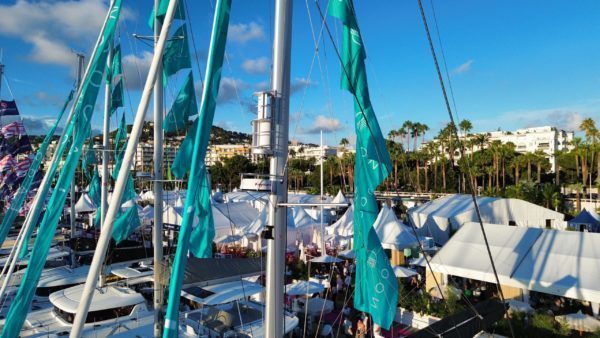About us
The etymology of the name Philéole
What does “Philéole” mean? Where does our slogan “Make the wind your friend” come from?
Philéole combines two Greek words:
-
Philos (φίλος): “friend, one who loves.”
-
Éole (Aeolus): “one who moves swiftly.” In Greek mythology, Aeolus (Αἴολος) is the master of the winds
Make the wind your ally!

The story of Philéole
Philéole was born from a simple idea: harnessing the power of the wind to generate electricity.
The wind is everywhere — it blows with varying intensity, both in nature and in cities.
Its accessibility inspires us to turn it into a renewable energy source.
-
-
Birth of the Philéole mini wind turbine
After several months of research, the concept was created. Prototypes were tested in wind tunnels:
- University of Liège
- Vrije Universiteit Brussel
- Von Karman Institute
These tests helped optimise a safe, durable and recyclable product.
-
-
-
Nautical mini wind turbine for sailboats
Installed at the top of the mast, it captures the wind from every angle, both at sea and in port.
-
-
-
Multiple applications
- Homes & small businesses: rooftop wind turbines for greater autonomy.
- Remote areas: access to energy without heavy infrastructure.
- Public infrastructure: lighting and urban equipment.
-
-
-
Circular economy & recyclability
Materials from the circular economy, recycled and recyclable products.
Wherever there is wind, Philéole captures energy for a sustainable future.
-
FAQ
A vertical wind turbine has a vertically rotating axis. The Philéole vertical-axis turbine is of the Savonius type and operates on the principle of differential drag.
Blades facing the wind’s concave side offer greater resistance than those on the convex side, creating a differential torque that drives rotation.
Philéole turbines are silent because the blade tips never exceed wind speed, unlike horizontal-axis turbines where blade tips can reach 6–7× the wind speed, producing whistling noise.
The Philéole turbine is eco-sustainable thanks to its materials: Greenfib blades and recyclable aluminum promote a circular economy.
Philéole also emphasizes local production — designed and built in Europe, reducing the carbon footprint of manufacturing, parts sourcing, and transport.
